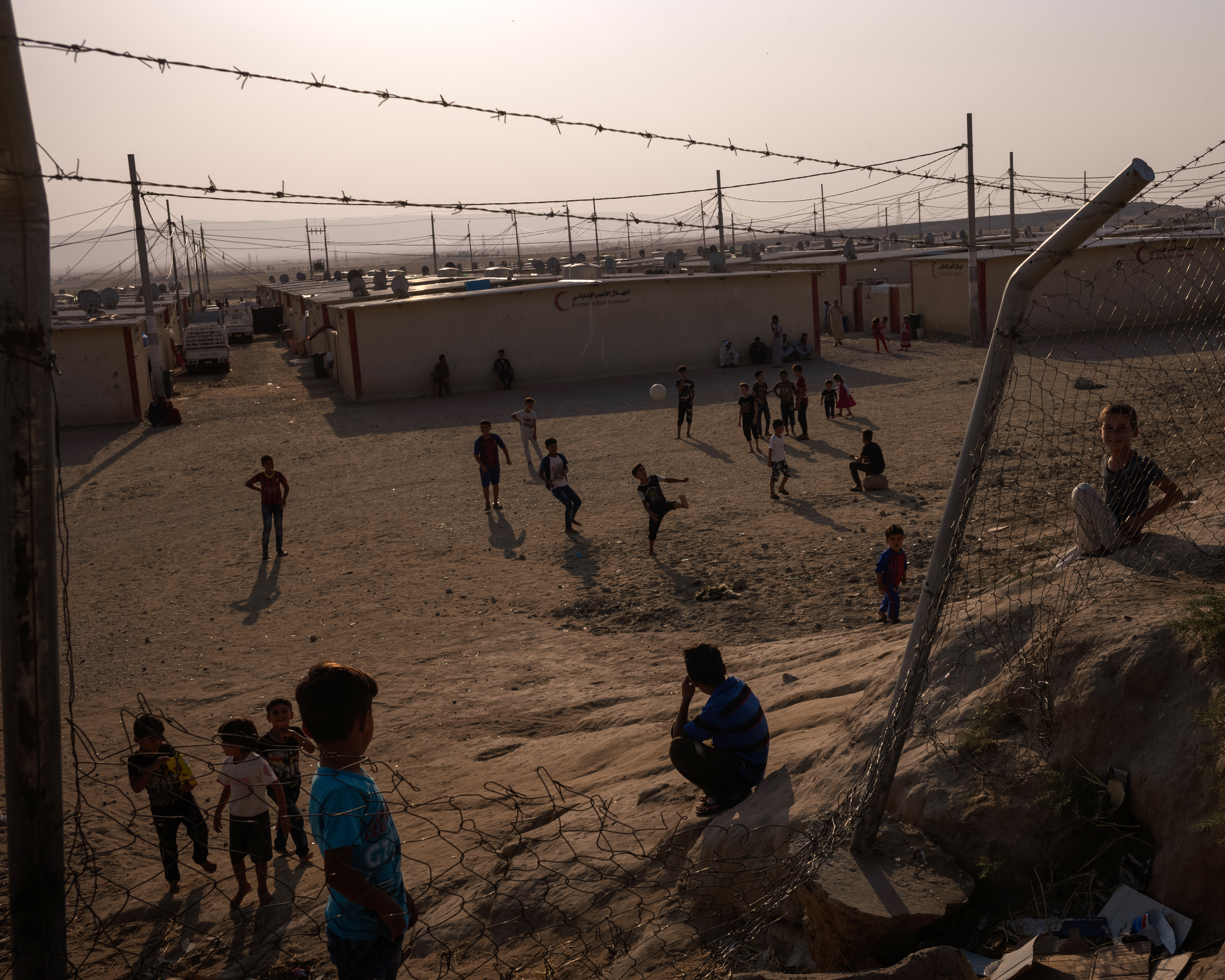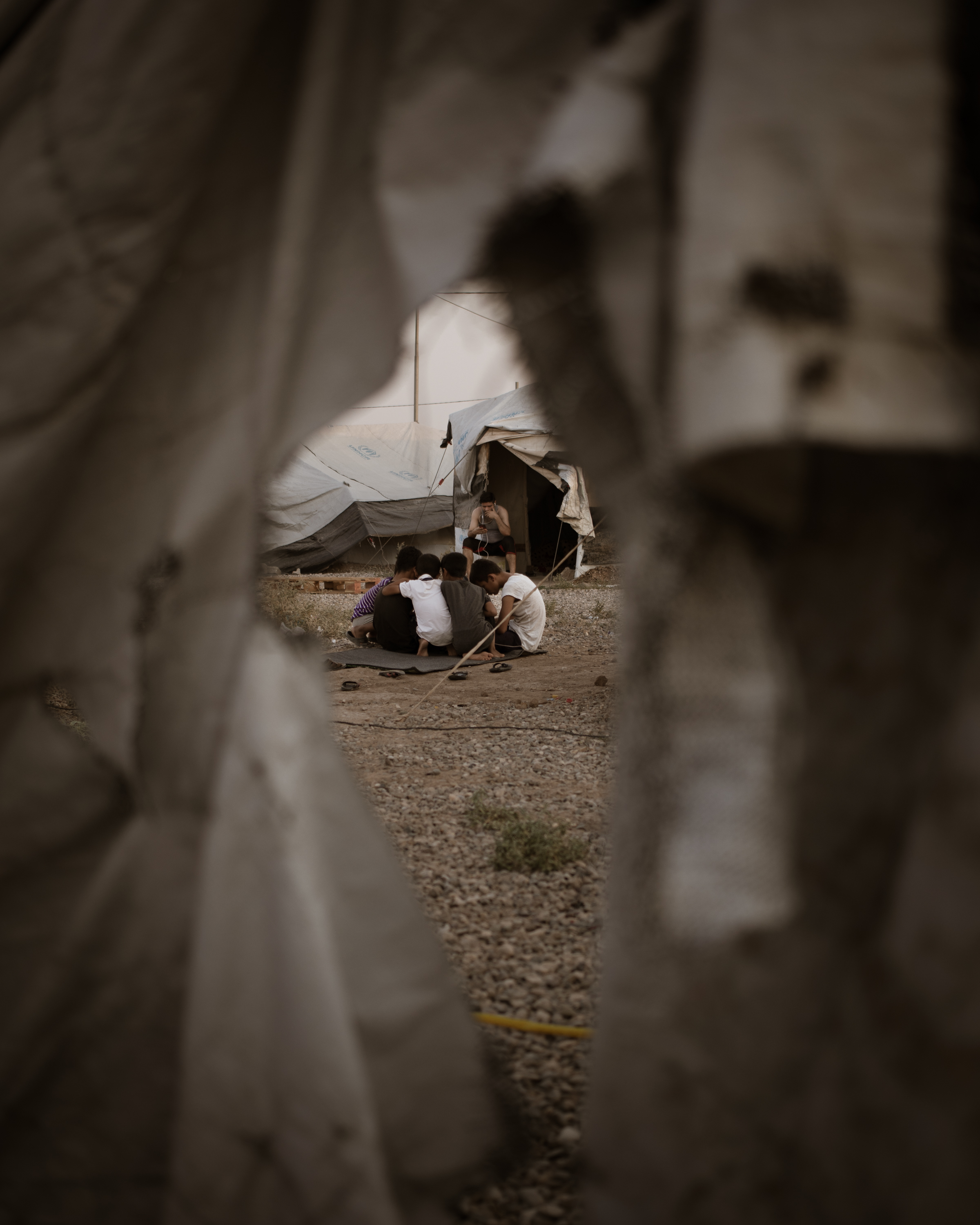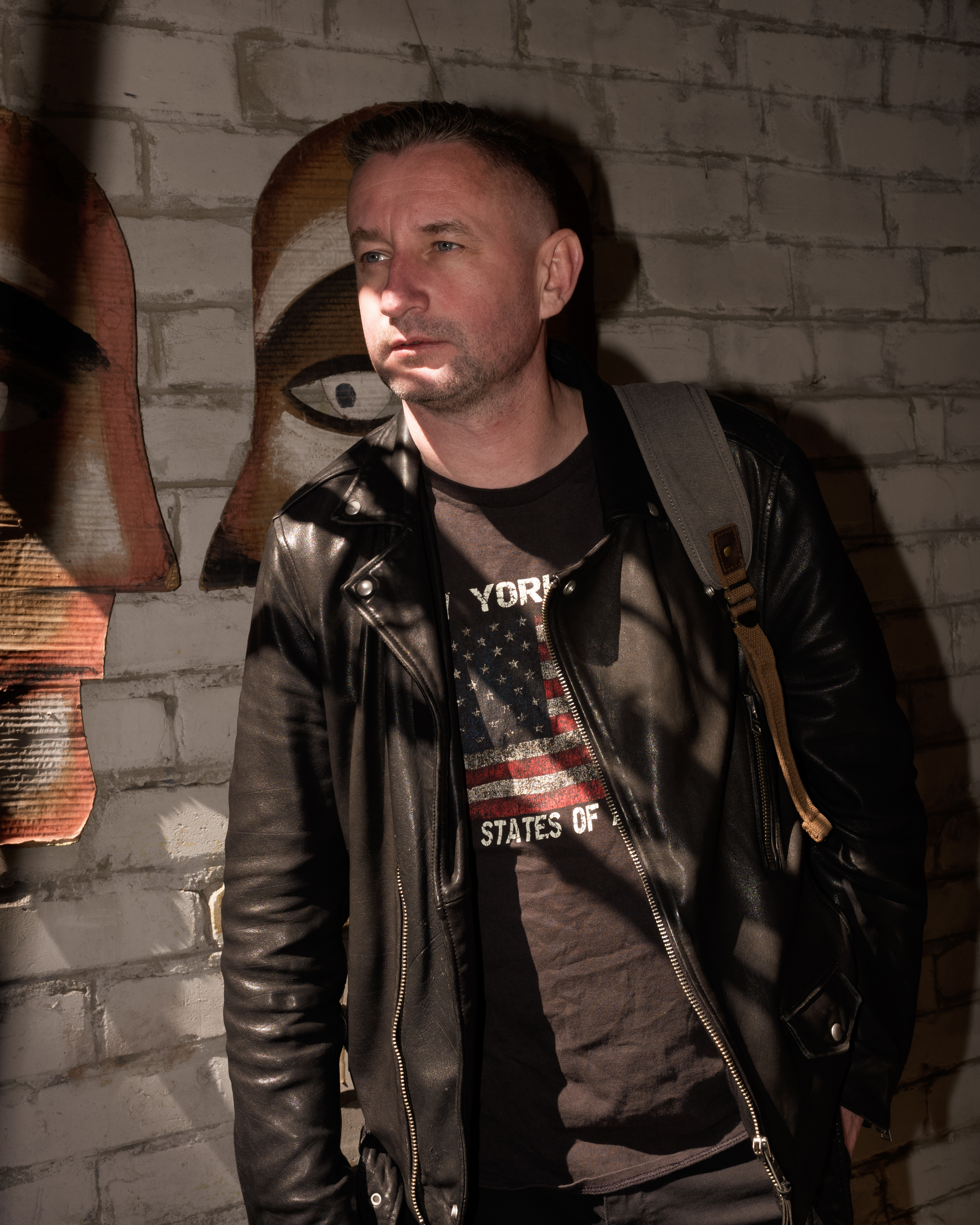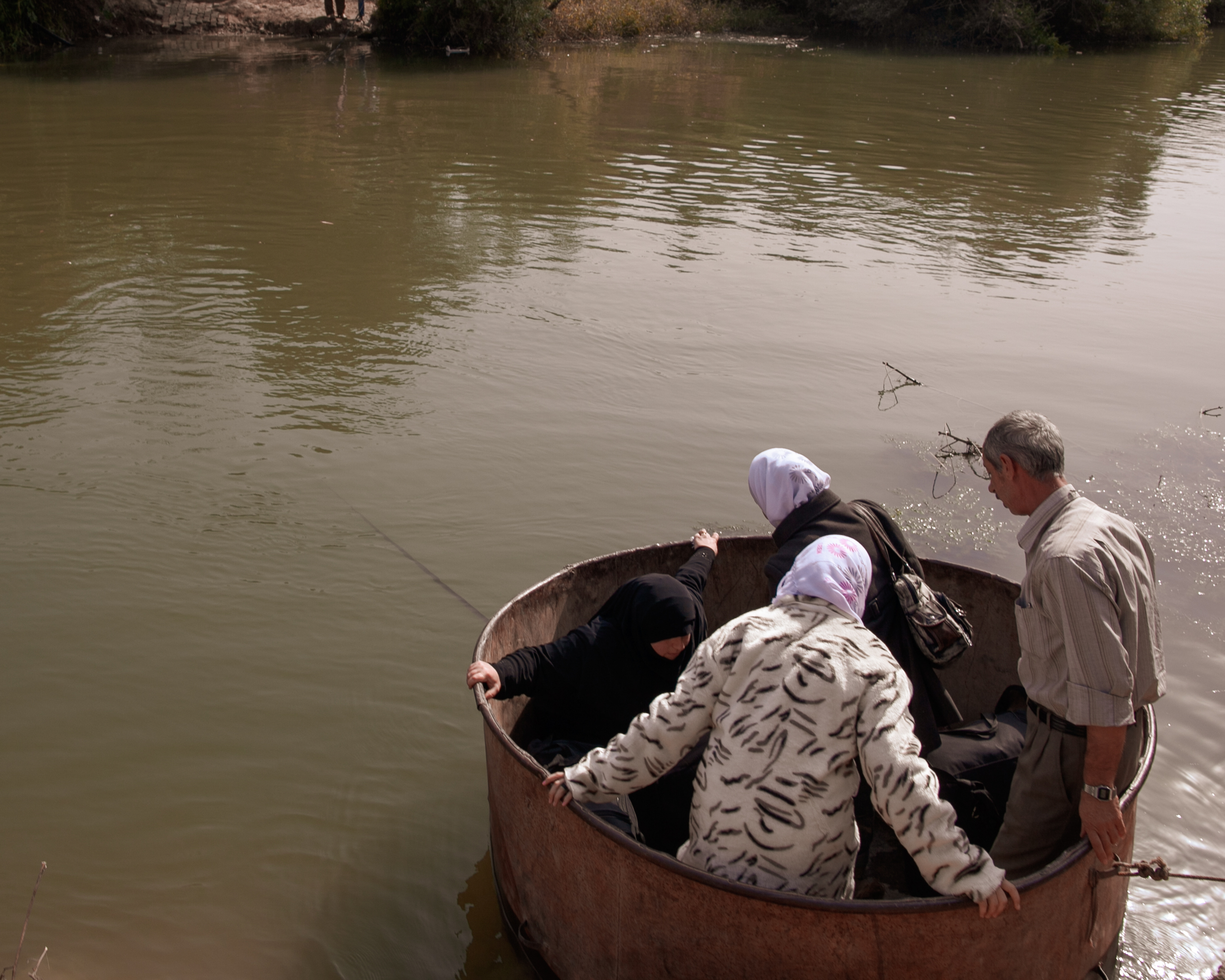When Parwana and her family reached Europe from Afghanistan, they ended up in Moria Camp in Greece, for many years the largest refugee camp in Europe. Notwithstanding the major challenges she has faced, Parwana is determined that her life be defined not merely by her family’s escape, but by her dreams and goals for the future. She became a teacher at the camp school and started writing about everyday life, publishing her accounts anonymously on “Welcome to Europe”, a blog dedicated to publishing letters from those living in Moria. Parwana told us her story.
From the day I reached Europe, I have been waiting for the chance to write about my dreams, rather than explaining the reason I am here. I have been thinking about why I am never asked to talk about my plans for the future, but instead about the decision my parents made for me to come to Europe. With this question in my mind, I also carry the hope in my heart to talk about my goals rather than the circumstances I have found myself in based on the decisions of others, as this is not the life I myself decided to live. Instead, I work toward what I want to achieve in my life.
Photo: Agata Grzybowska
September 2019
Moria Camp, Lesbos
I was waiting in the bus with my family and some other families for the police to let us enter the camp, while residents within loudly shouted toward us: “Welcome to hell! Welcome to hell!”
The next morning, after spending a night in the reception area, the registration services handed us some blankets and told us to find a tent for ourselves. We were fortunate that an old man helped us obtain one. We took the tent to an area called the “olive grove” and set it up with some ropes and stones. A summer tent, in the middle of winter.
The next night, after spending one day in that hell, I asked: “How long will we stay here? A week? A month? A year?” I asked this question in my mind each night. It deprived my tired eyes and body the sleep they needed after struggling all day to resist heat or cold while waiting in the long lines for food and water, for the toilet, to see a doctor and receive obscure medicine.
After a few days, I began looking for a school, something nobody had given us any information about. As I wandered in search of one, I saw small children with baskets selling food, vegetables and fruits. I didn’t dare ask them whether they went to school or not, or if one even existed.
Everything felt too complex to me. Asking around, I eventually confirmed there was no official school in the camp. Being some kilometers away from the olive grove where our blue tent was pitched, I lost my orientation and had to figure out a different path back. Along the way, I heard sounds coming from a tent. This tent was different from the others; in fact it was a structure made of wood. There were shoes outside, and, inside, what looked like a class sitting in rows.
I was curious, though I had doubts if it was actually a classroom. I asked a man who was working on a new structure that resembled the other one if it was a classroom, and he replied that it was. I wondered if the school had been set up by camp authorities, but apparently it hadn’t been.
Eventually, I myself became one of the teachers. Although this felt good, I also thought about when I would begin the next stage of my education. When I would sit in a chair to learn new things, not just to teach what I already knew.
I taught English to camp residents, at various levels. To my surprise, the camp authorities provided us with no support. The police even once sought to seize the tents and the main structure because it was attracting so much media attention. Almost every news outlet coming to the camp wanted to know about our initiative, which was called Wave of Hope for the Future (WHF), and more and more were showing up. We were closely observed by camp authorities.
To begin any type of initiative as refugees is not easy.
With each passing day I was becoming more aware of the camp’s unseen dynamics, the reasons for silence, for why everyone was afraid to talk about the inhumane conditions: they did not want to draw unwanted attention to themselves as they waited for their asylum application to be processed.
Under this state of suppression, many camp realities were covered up, on matters including sexual abuse, the difficulties faced by transgender refugees, unaccompanied minors. The picture captured the terrible conditions, although this was not the complete story of our days.
Nights were dismal, when I was supposed to sleep and dream, but instead wrote out scenes in my head, filling it with words. It was suffocating, unable to breath with so much anger in my heart and mind, a need for revenge.
Some months later, Letters to the World from Moria filled my heart with hope. I felt better, knowing that people were reading what I had written, that my words had real worth.
READ: Letters to the World from Moria
I thought back to my life in Herat, going to school and preparing for university exams. Of being in math class and the feeling of pride at being able to solve difficult problems faster than the others—then teaching them how to find the solutions themselves.
The journey of becoming a refugee has changed me, and changed my goal as well.
Before, I was not dreaming but putting all of my efforts into becoming a professor of gynecology. When my classmates asked me why, I replied in a confident, proud voice: “To treat women who had issues becoming mothers.” Then I explained further that no couple should get divorced because of such problems, for which women were given the hardest time by society. And that I would be located in the center of Herat, so they would not have to go far for treatment.
I brought all of my memories from Afghanistan, but my ambition was stuck behind. I began to learn that all of my efforts would be wasted if I couldn’t find a way to make my own decisions about my life. Our lives can become meaningless if other people make decisions for us and we just live according to them. We become spectators watching those in power pushing around the pieces of our life puzzle.
But no! That is not who I am. I know my way isn’t easy, but it’s my favorite way. During these years when I have been far from a school, I have continued to educate myself, training myself for resistance, developing resilience.
To have a voice is to have power and everyone can exercise it, even those the most repressed. If the meaning of “freedom” in many democracies is defined in relation to “slaves and slavery,” then the meaning of freedom of movement is defined by the experience of those stuck behind barbed wire, in ghettos and camps.
This power must be returned to those from whom it has been taken. Working with young refugees in the Ritsona camp, I learned that passion is medicine. The biggest and most vocal movements are begun not by the strongest but by those who are most resilient. No matter how weak or voiceless you are considered, when you are connected with others you can become unstoppable.
Minorities should be afforded full civil equality within societies, and be granted autonomy in matters of education, culture, and religion. It should even be possible for a future president or premier to come from our communities.
When I organized the first youth protests against evacuations only to realize that the media was not sufficiently amplifying our collective voice, I began to think about starting a magazine that would highlight the plight of refugees, especially young refugees. We need to create such spaces for and by ourselves. So I became the founder of Young Refugees Movement group (YRM). I believe that by working together with others and pursuing connections, the magazine can become established and start helping turn the dreams of refugees into new realities.
I will not let my plan become an unrealized dream. I do not know exactly how, but I will press forward despite all the challenges it faces. I will influence the European community, pushing it to become the first continent to talk about the globalization of displacement.
For months, I searched for the reason why there wasn’t a political party representing displaced persons in Europe, our efforts, our work. When I examined the political structure of European society and found little in place to defend the rights of minorities, displaced persons, refugees and migrants, I began to wonder why not have one of our own to represent us? One who has overcome all of the odds to inspire each of us. And why not a young woman, to challenge the patriarchy. And a Muslim, to break the mold of stereotypes. Why not me?
One year ago, I was demonstrating at the gates of the camp with the protest chant: “What do we want? Schools and education! When do we want it? Right now!” Later I began the #BuildSchoolsNotWalls campaign to raise awareness of refugee children in camps being deprived of an education while they were cut off from the rest of the population behind barbed wire. Although I could not fully take advantage of changes in the education system for refugee children in Greece, I feel relieved to know many are going to school. And I can visualize the day that I will graduate from university.
I will forgive those who made me and thousands like me suffer in abysmal conditions. But I will never forget all the pain that made me become a strong and resistant soul.
I will move forward with closed fist and open mind
The day that everyone will be free
Like ocean tides
Or rays of sunshine on an iceberg
Parwana Amiri
Ritsona Refugee Camp
Photo: Agata Grzybowska





